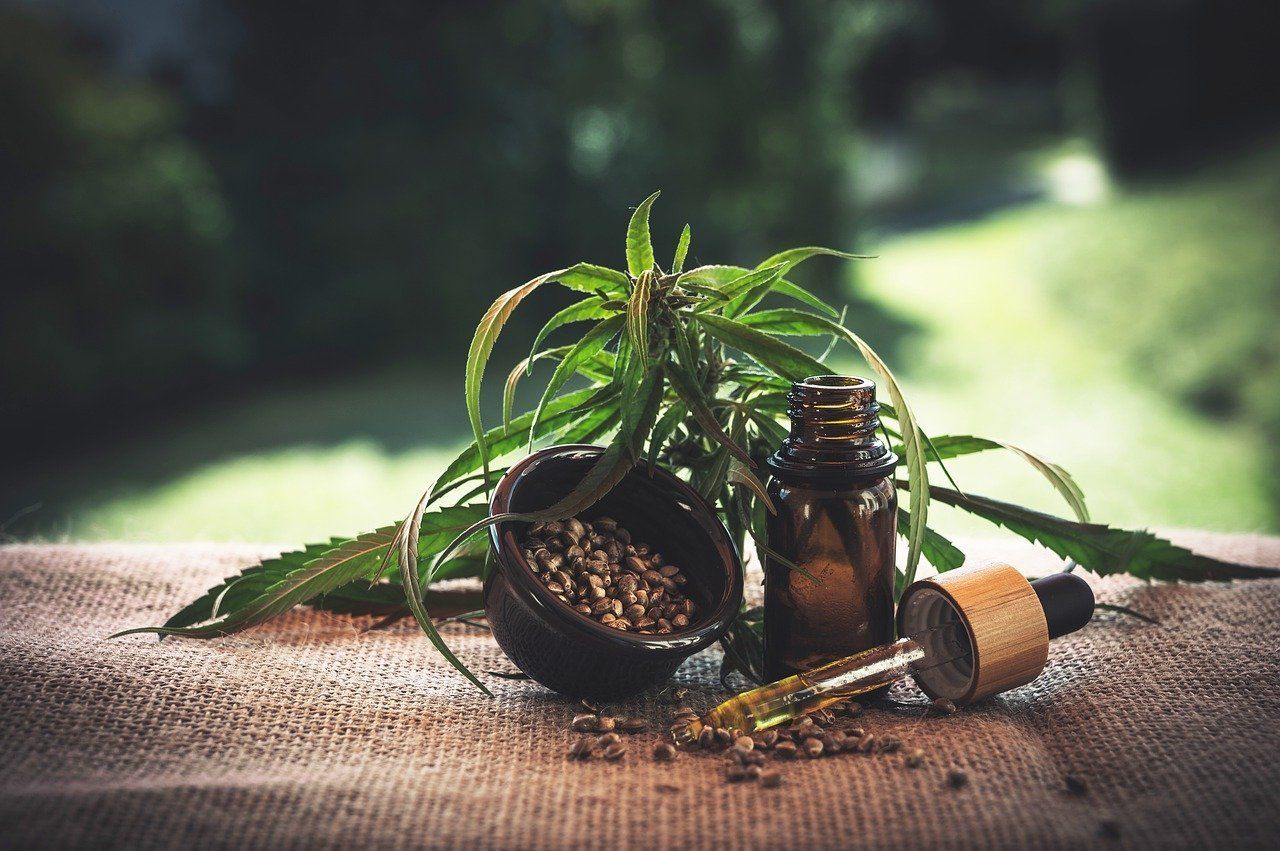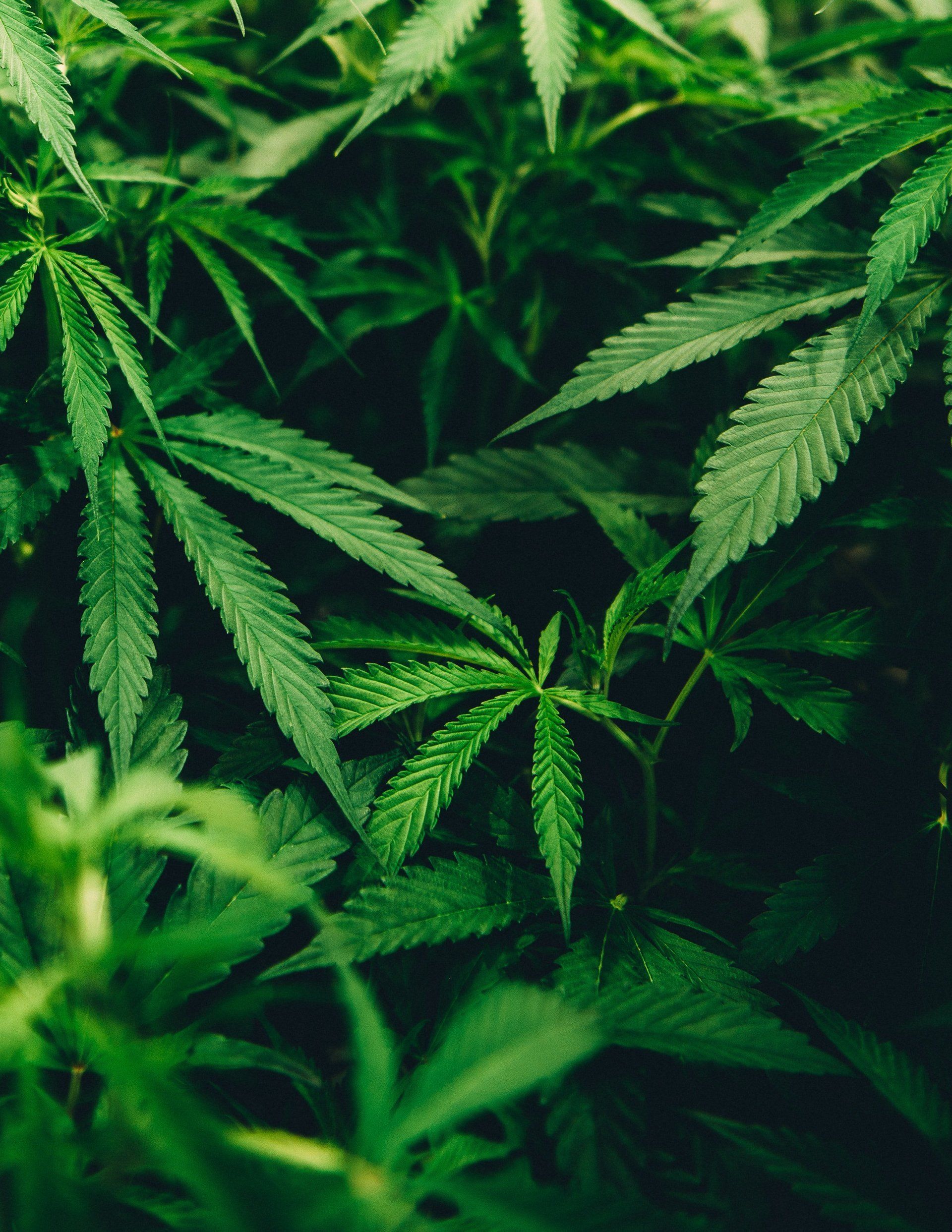The COVID-19 Pandemic: A Catalyst for Change in a New World
This article was written by Pamela Cone for Legal Business World
“Defining purpose in slogans and statements is the easy part. What makes purpose real is following through on its implications and letting it guide the choices you make.”
Reimagining the post-pandemic organization. McKinsey & Company Quarterly, May 15, 2020
Before COVID-19 changed the world, some firms considered social impact and sustainability nothing more than a “nice to have” program. In other words, social impact programs weren’t strategic to their business.
The pandemic and corporate responses to it have shined a light on what is important in guiding a company’s choices in the midst of the crisis.
Many senior executives, partners, clients, and employees are seeing that robust social impact and sustainability programs are key to their firm’s credibility—a community buy-in or acceptability akin to an unofficial “license to do business.” This social commitment is crucial not just in good times, but perhaps even more important in times of crises.
COVID-19 reveals firms’ core values
Most companies have mission and/or vision statements. Decisions made in response to the pandemic have revealed such statements as either simply window dressing or as strategic and core guides to the company. When the mission/vision statement is central to the business, it directs all decisions the firm has made and will make in response to this or any crisis. Doing the right thing now—based on the firm’s purpose and values—will contribute to a firm’s success in a post-COVID world.
“We can and must see this as an opportunity (albeit a forced-one) to adapt and change for the better,” said Richard Susskind, a legal technology advisor, during a webinar hosted by Legal Geek in April. “Companies can improve and recast themselves, using CSR best practices to help guide process, policy, and procedure decisions in this COVID world and beyond.” Behavior and decisions during COVID illustrate and highlight a company’s values, vision, purpose—or not.
Calling on social impact programs to manage crises
Some may assume that we can set aside our corporate social responsibility (CSR) program during this crisis. However, a robust CSR program is integral to managing crises.
Consideration and discussion of environmental, social, and governance (ESG) issues are increasingly important as we navigate the pandemic. After a slight drop of ESG news coverage in the early stages of the pandemic, April had almost double the news coverage of ESG issues that November did, according to Bloomberg News. And, since the beginning of the COVID-19 outbreak, UK Independent Financial Advisors reported a sharp rise in investor interest in the ESG performance of their investments.
Clearly, the pandemic is reminding or teaching us how critical social impact and ESG issues are to a successful and sustainable global economy. Rather than setting aside social impact and sustainability programs during this crisis, we should amplify and enhance their components to help guide decision-making.
The coronavirus is changing public values
Recently, Mark Carney, the former governor of The Bank of England, told The Times in London, “Companies will be judged by what they did during the war, how they treated their employees, suppliers, and customers, and by who shared and who hoarded.”
As unemployment rises and the economy falters, perspectives are changing about what people value. The pandemic could reverse the slow transition from a market economy to a market society by exposing a gulf between what markets value and what people value, Carney said.
In other words, a singular focus on short-term shareholder returns at the expense of all other stakeholders’ interests is no longer sustainable (if it ever was), nor does it serve companies’ or societies’ best long-term interests.
How the legal industry is responding
By all accounts, the legal industry is responding to this crisis more thoughtfully and transparently than it did during the financial crisis of 2008-2009. In that crisis, law firms moved quickly to lay off employees to preserve cash for the partners.
Given the premise that a firm’s greatest asset is talent—creative, innovative, and flexible approaches during this pandemic differ dramatically from those taken during the last financial crisis. In this current crisis, most firms are “sharing the pain” across all levels of their firms in a more equitable manner. Partners are reducing draws and distributions, and associates and staff are bearing salary reductions in an attempt to help preserve as many positions as possible.
A number of firms are establishing funds to assist employees who face financial difficulties as a result of the pandemic. Many firms are paying healthcare costs of furloughed employees. And a number of firms are offering reduced hours and even sabbaticals at reduced pay for people who are interested.
Even as firms are dealing with work-from-home environments, their clients’ industry disruptions, and court proceeding changes, they’re also paying attention to very important ESG matters. Firms are continuing to progress on diversity and inclusion efforts. And they’re moving their health and well-being programs to virtual services to ensure employees have access to support during these very emotionally isolating and challenging times.
We’re all struggling with the emotional toll of this pandemic. In a two-part series in The American Lawyer in April, Rebecca Simon Green and Jarrett Green defined the term Post Traumatic Growth: “An event that causes intense stress and trauma can also lead to significant positive change in five general areas: appreciation of life, relationships with others, new possibilities in life, personal strength, and spiritual change.”
This is our moment
Perhaps personal and professional lessons learned as we deal with this pandemic will make us better prepared for the next global crisis: climate change. This pandemic and the climate change challenge have the same characteristics—They’re global in scope and intangible. Both require preparation, as well as a global, coordinated responses.
Will lessons we have learned from COVID-19 help us more successfully address climate change? Will the clear, blue skies as a result of the pandemic’s travel restrictions be permanent?
Will we work now to “flatten the curve” of the coming climate crisis before we run out of time?
Will we work to rectify many of the injustices of the economic system that have existed for decades and that the COVID-19 pandemic has so painfully revealed? Will we experience post-traumatic growth?
This is our moment. How will current and future generations judge our behavior and decision-making during this time?
As my mother too often found it necessary to repeat when I was an ill-behaved teenager, “You cannot talk yourself out of problems you have behaved yourself into!”
Let’s ensure our actions now are celebrated for being progressive—rather than viewed as missed opportunities to create long-term sustainability for our firm, employees, clients, and communities.The body content of your post goes here. To edit this text, click on it and delete this default text and start typing your own or paste your own from a different source.






